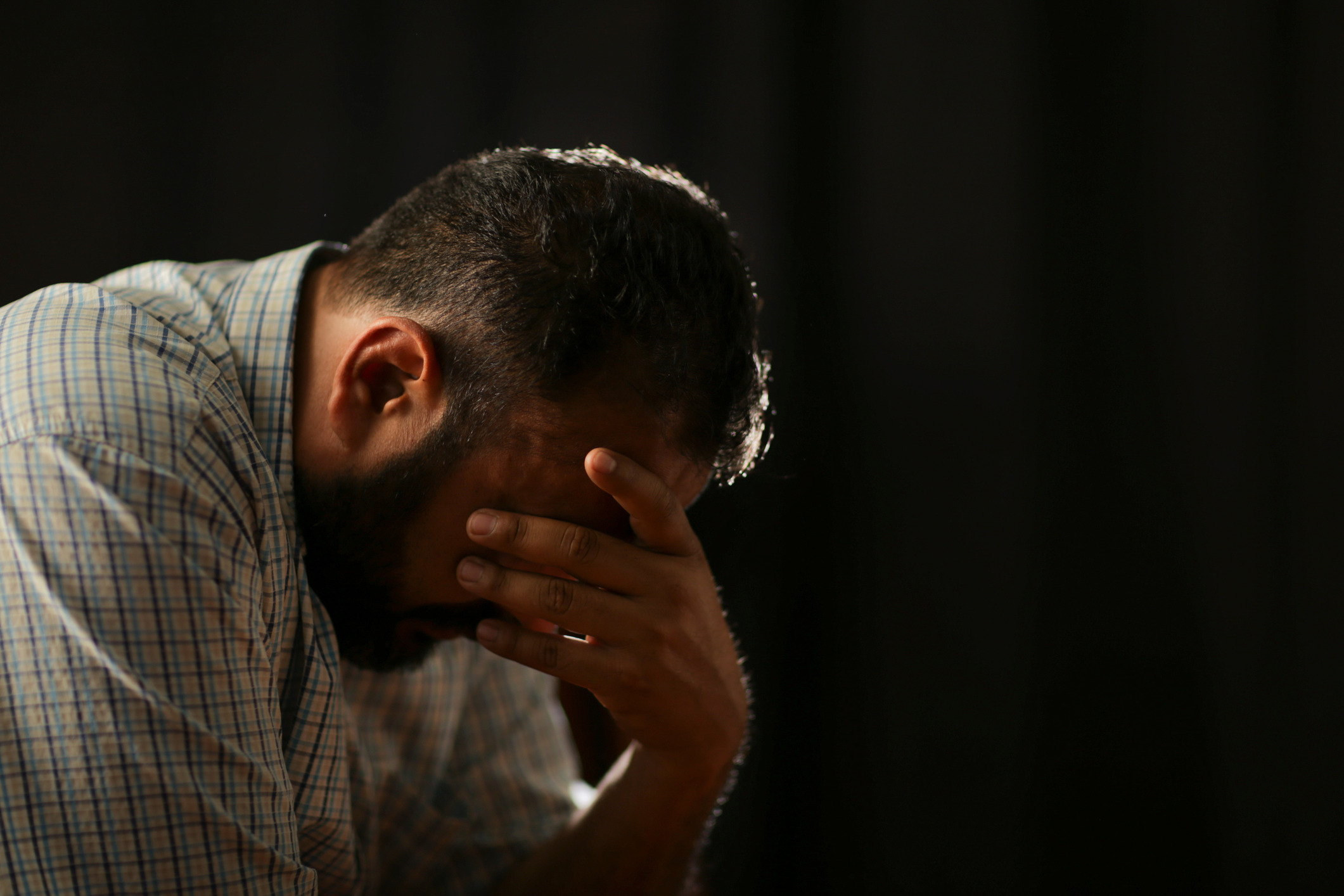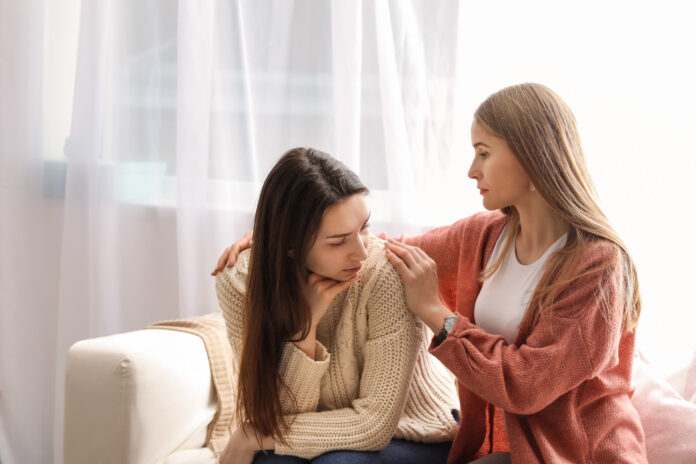Every day in Australia, eight or nine people die by suicide – more than the number who die on our roads.
The hard numbers hide very human stories.
For every one who dies, too many more are affected by the waves of grief, loss and wondering.
Suicide is the leading cause of death for those aged between 15 and 44, Australian Bureau of Statistics and Institute of Health and Welfare figures show.
Men outnumber women by three to one, with the elderly and middle-aged over-represented.
Aboriginal and Torres Strait Islander people are twice as likely to die by suicide than non-Indigenous people; country folk are twice as likely to die that way as city dwellers.
About half the country is believed to have been caught in the ripple effects of suicide.
Almost every health agency sees these deaths as preventable.
It starts with awareness and a desire to do better.

And this is the week for it, with World Suicide Prevention Day (WSPD) on September 10 and RUOK? Day on September 14.
The theme for this year’s WSPD is “We all have a role to play”.
Some feel paralysed into silence for fear of making a situation worse when someone reveals they are having suicidal thoughts.
But while we might not be experts, we can care and reach over.
Those of us who have been touched by suicide (nearly all of us) know that doing nothing is not an option.
Psychologist Dr Helen Stallman, of Sunshine Coast-based suicide prevention organisation Care Collaborate Connect, says research has shown distress management, help with coping strategies and establishing connections are keys to helping a person at risk.
This last point is where ordinary people can make a difference.
We know that resilience and protection are gained by supportive social relationships and by feeling heard.
Help us deliver more news by registering for our FREE daily news feed. All it requires is your name and email at the bottom of this article.
Ordinary people can listen when a distressed person speaks.
Protection is achieved by a sense of purpose or control.
We can help a person identify those, too.
Governments and agencies are responsible for delivering a distressed person into the help and health systems, which have been shown to assist in keeping suicidal people safe, but we ordinary folk can walk beside someone as they access these.
Every death by suicide is a tragedy.
Lifeline: 13 11 14, Suicide Call Back Service: 1300 659 467
Dr Jane Stephens is a UniSC journalism lecturer, media commentator and writer.





